Tag: cattle
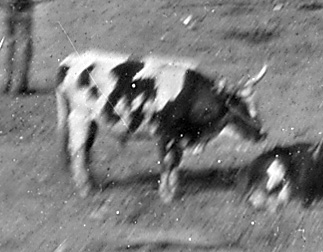 Wikipedia says: Cattle, taurine cattle, or European cattle (Bos taurus or Bos primigenius taurus) are large domesticated cloven-hooved herbivores. They are a prominent modern member of the subfamily Bovinae, are the most widespread species of the genus Bos. Depending on sex, they are referred to as cows (female) or bulls (male).
Wikipedia says: Cattle, taurine cattle, or European cattle (Bos taurus or Bos primigenius taurus) are large domesticated cloven-hooved herbivores. They are a prominent modern member of the subfamily Bovinae, are the most widespread species of the genus Bos. Depending on sex, they are referred to as cows (female) or bulls (male).
Cattle are commonly raised as livestock for meat (beef or veal, see beef cattle), for milk (see dairy cattle), and for hides, which are used to make leather. They are used as riding animals and draft animals (oxen or bullocks, which pull carts, plows and other implements). Another product of cattle is their dung, which can be used to create manure or fuel.
Around 10,500 years ago, taurine cattle were domesticated from as few as 80 progenitors in central Anatolia, the Levant and Western Iran.
Cattle did not originate as the term for bovine animals. It was borrowed from Anglo-Norman catel, itself from medieval Latin capitale ‘principal sum of money, capital’, itself derived in turn from Latin caput ‘head’. Cattle originally meant movable personal property, especially livestock of any kind, as opposed to real property (the land, which also included wild or small free-roaming animals such as chickens—they were sold as part of the land). The word is a variant of chattel (a unit of personal property) and closely related to capital in the economic sense. The term replaced earlier Old English feoh ‘cattle, property’, which survives today as fee (cf. German: Vieh, Dutch: vee, Gothic: faihu).
The word cow came via Anglo-Saxon cū (plural cȳ), from Common Indo-European gʷōus (genitive gʷowés) ‘a bovine animal’, cf. Persian: gâv, Sanskrit: go-, Welsh: buwch. The plural cȳ became ki or kie in Middle English, and an additional plural ending was often added, giving kine, kien, but also kies, kuin and others. This is the origin of the now archaic English plural, kine. The Scots language singular is coo or cou, and the plural is kye.
In older English sources such as the King James Version of the Bible, cattle refers to livestock, as opposed to deer which refers to wildlife. Wild cattle may refer to feral cattle or to undomesticated species of the genus Bos. Today, when used without any other qualifier, the modern meaning of cattle is usually restricted to domesticated bovines.
According to the Revised United States Army Regulations of 1861, the daily rations for an enlisted Union soldier included 12 ounces of pork or bacon or 1 pound 4 ounces of fresh or salt beef.
Beef cattle were contracted for delivery at specific points and herds were driven behind armies in the field.
Showing 1–16 of 27 resultsSorted by latest
-

Image ID: AZAV
$0.99 -

Image ID: ANPR
$5.99 -

Image ID: APAK
$6.99 -

Image ID: AMXP
$0.99 -
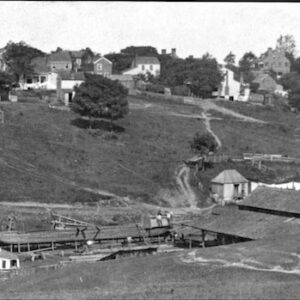
Image ID: APLL
$3.99 -
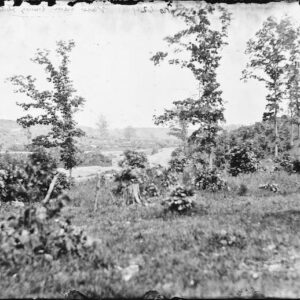
Image ID: AQZL
$6.99 -
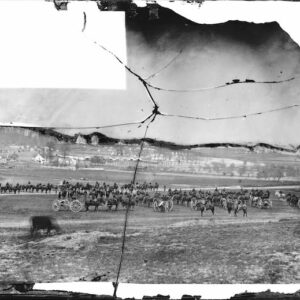
Image ID: APTS
$1.99 – $6.99 This product has multiple variants. The options may be chosen on the product page -

Image ID: APAN
$6.99 -
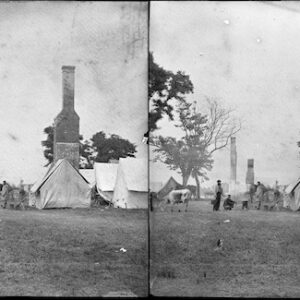
Image ID: AKTR
$6.99 -
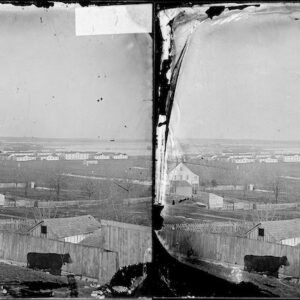
Image ID: AEPL
$3.99 -
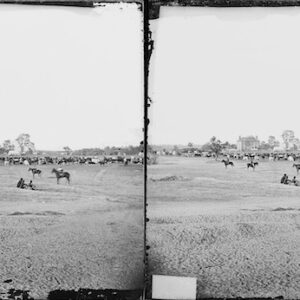
Image ID: AHTS
$3.99 -
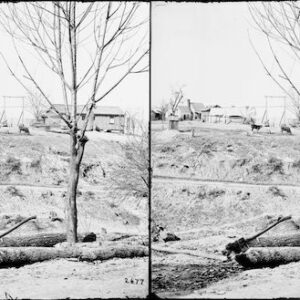
Image ID: AKXS
$6.99 -
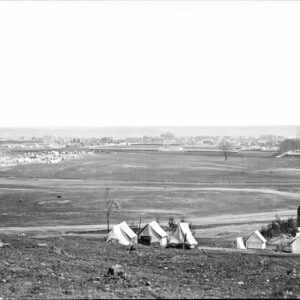
Image ID: ABZH
$4.99 – $6.99 This product has multiple variants. The options may be chosen on the product page -
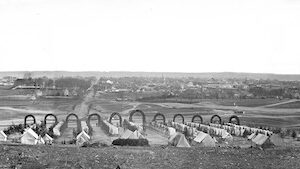
Image ID: ATYO
$5.99 -
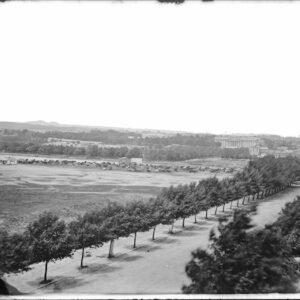
Image ID: AGQF
$4.99 – $6.99 This product has multiple variants. The options may be chosen on the product page -
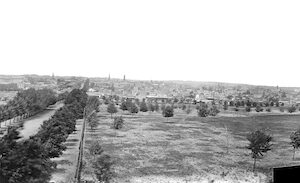
Image ID: ATYS
$5.99 – $7.99 This product has multiple variants. The options may be chosen on the product page